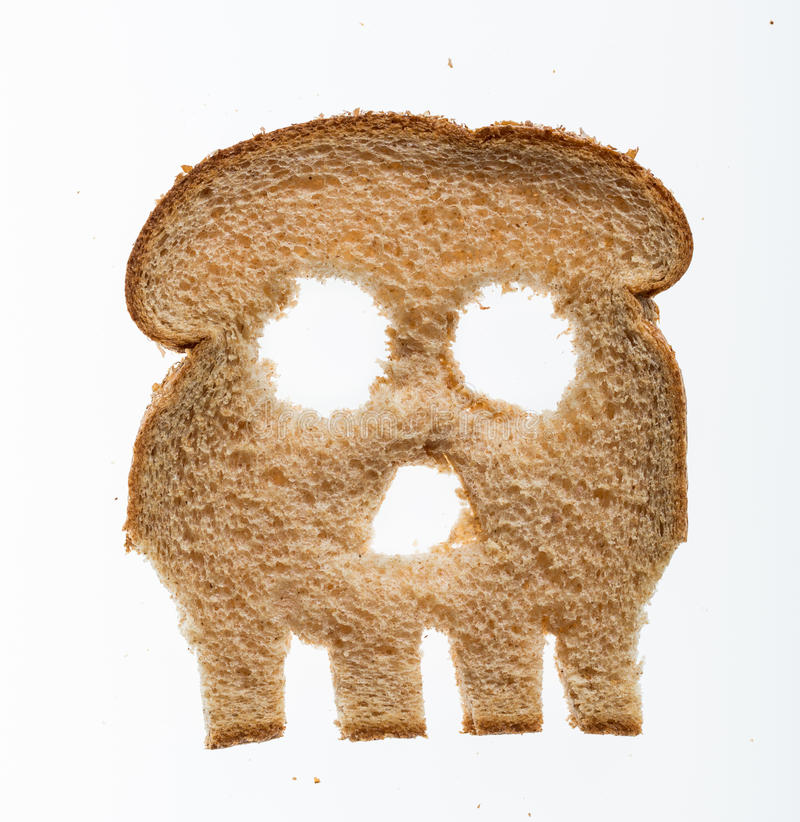Three Steps To Becoming Gluten Free

Becoming gluten free can be difficult.
To make the process as easy as possible here are three practical steps to help you become gluten free. Let’s dive in!
1. Accept Change is Difficult
The truth is, there are more compelling reasons in the short-term NOT to remove gluten than to remove it.
They include: Pleasure, Convenience and Peer Pressure.

Let’s be honest. The pleasure from a sweet potato cannot be compared to a delicious croissant.
During a busy week, it’s much easier to grab a sandwich than prepare a homemade lunch.
It takes enormous discipline to say no to a cake, pizza or beer, when everyone else is enjoying them around you.
This may surprise you, but most people will continue to eat some gluten even if they know it doesn’t ‘agree with them’.
In the short-term, the prospect of improved health is not compelling enough for most people.
If you are able to start accepting this, you stand a much better chance of becoming gluten free.
2. Figure Out Why You ‘Want’ Gluten

We’ve established sticking with gluten is pleasurable, convenient and socially compelling.
So can you ask yourself ‘why do I want it?’ and ‘what function does it serve for me?’
I’ve found a lot of clients find themselves stuck in a vicious circle of craving wheat products because of physical imbalances such as infection, hormonal imbalance and gut issues.
To make things worse, have you ever wondered why a real slice of bread just doesn’t compare to a gluten free one?
The digestion of wheat products produce gliadorphins which are opioid like chemicals that deliver a small ‘high’. And the responses to gliadorphins can be amplified when we have physical imbalances in our bodies.
For more information check out Wheat Belly (written by cardiologist Dr William Davis) or Grain Brain (written by neurologist Dr David Perlmutter.
That’s the physical concept, what about the emotional?
Do you ever find yourself reaching for some cake or a biscuit when you’re stressed?
For long-term success, it might be best to address any emotional issues which can become barriers, and prevent you from becoming gluten free.
By acknowledging and addressing the reasons you eat these products, you will become a lot closer to removing them.
Working with a nutritional therapist or health coach can help identify any barriers to making change and support your body to make the change easier.
3. Free Yourself From Peer Pressure

Saying no to a drink or a piece of cake in front of your friends or family, takes real courage.
I used to find it really difficult saying ‘no thank you’ to my grandma (in front of everyone) who had spent many hours preparing a meal for us. I hated it. I could feel the judgment and disappointment of those around me penetrating my soul!
Going to restaurants was equally painful. I often felt so embarrassed asking for gluten free options but now fortunately it’s a legal requirement in the EU now.
Most restaurant menus are designed to offer gluten, dairy, vegetarian and vegan options so it’s really not a big deal anymore.
You may also find ‘saying no’ inspires others around you to make changes themselves. Relatives would often ask why I became gluten free, and it gave them some relief when they heard about the symptoms I was having as they were experiencing similar symptoms as well.
And I can promise you one thing. Once you become gluten free and it becomes habit: You. Will. Not. Miss. It.
For a more detailed approach about making change I’ve written an article called ‘How to stick to a diet: 5 proven strategies‘.

Wishing you well on your path to health,
Inder
0 Comments